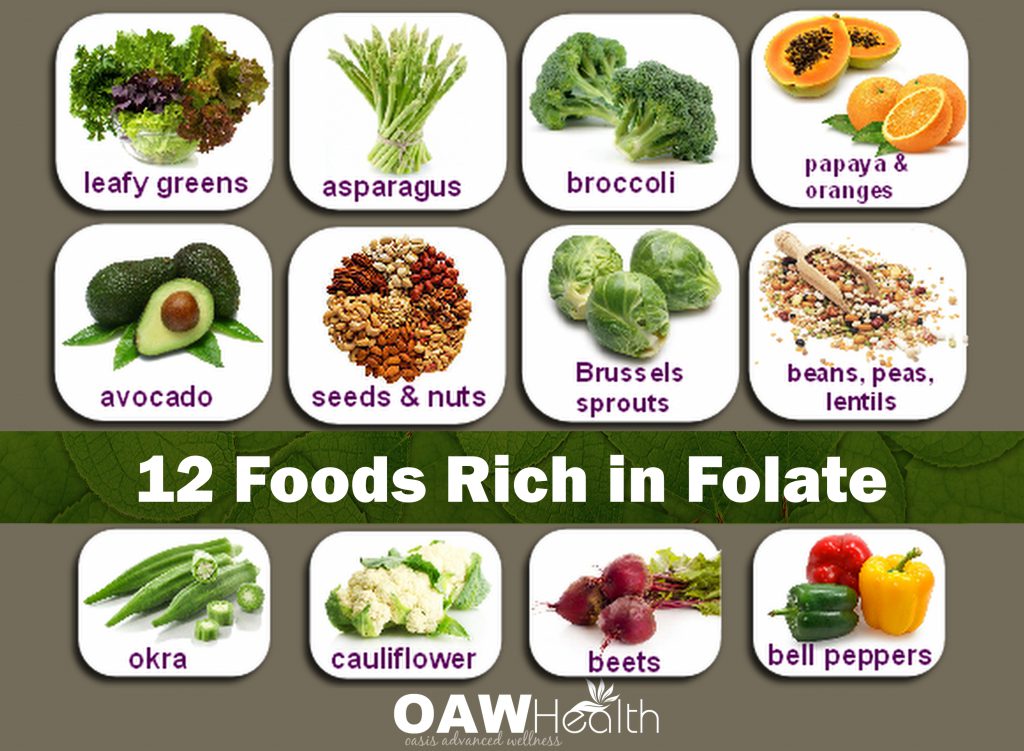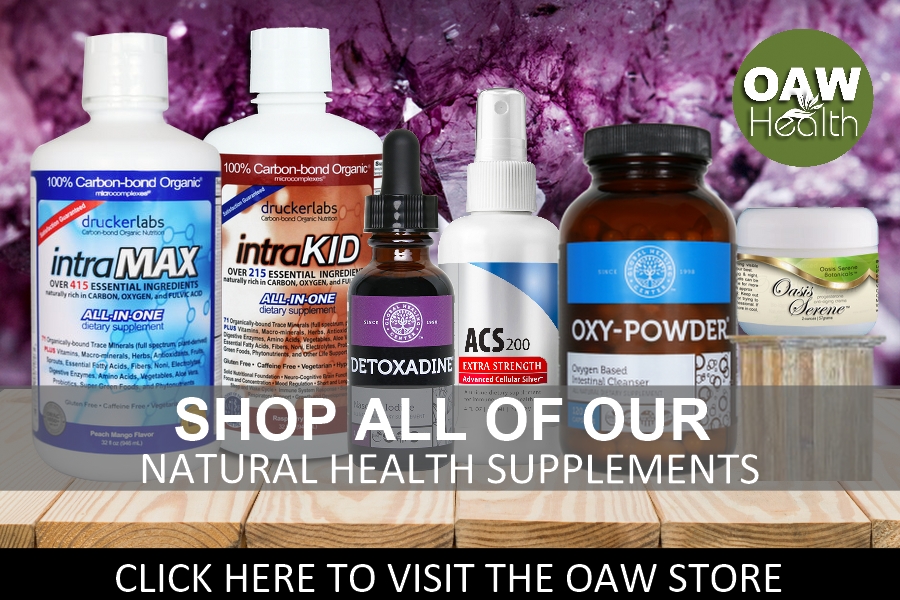Folate, also known as Vitamin B-9 vitamin, is primarily recognized for its importance in pregnancy as well as in the prevention of birth defects such as brain and spinal cord concerns. Some studies have found that folic acid, the synthetic version of folate, might also help to prevent other types of birth defects. Unlike folate, folic acid isn’t found in nature and is man-made and added to pre-packaged foods. However, The term folate is often used to describe both natural and synthetic versions.
Folate is considered to be complicated in its interaction with the human body. For instance, enzymes inside the intestine must chemically alter food forms of folate in order for this vitamin to be properly absorbed. Even if the body is healthy and operating at full efficiency, only about 50% of ingested food folate may be properly absorbed. Vitamins B1, B2, and B3 must be present in adequate amounts to enable folic acid to undergo metabolic recycling in the body.
Research show that a diet high in folate-rich foods can help prevent cancer, heart disease, birth defects, anemia and cognitive decline. All the more reason to make sure your diet contains adequate amounts of folate.
12 Foods Rich in Folate
- Leafy Greens
- Asparagus
- Broccoli
- Papaya & Oranges
- Avocado
- Seeds & Nuts
- Brussels Sprouts
- Beans, Peas and Lentils
- Okra
- Cauliflower
- Beets
- Bell Peppers
Health Concerns Requiring Folate Emphasis
- Alcoholism
- Anemias (especially macrocytic anemia)
- Atherosclerosis
- Cervical dysplasia
- Cervical tumors
- Cleft palate or cleft lip
- Crohn’s disease
- Depression
- Diarrhea
- Gingivitis
- Glossitis
- Glycogen storage disease type I
- Hyperhomocysteinemia
- Inflammatory bowel disease
- Insomnia
- Myelopathy
- Neural tube defects
- Non-senile dementia
- Ovarian tumors
- Periodontal disease
- Restless leg syndrome
- Schizophrenia
- Seborrheic dermatitis
- Tropical sprue
- Uterine tumors
Experiencing folate deficiency is much higher for some people than others. Those who should be very careful to get enough folate from their diets include:
- Women who are pregnant or women trying to become pregnant.
- Breast-feeding mothers.
- Alcoholics.
- People with liver disease.
- People on kidney dialysis.
- Use of diabetes medications.
- Frequent use of diuretics or laxatives.
- People taking methotrexate.
Health Benefits of Foods Rich in Folate
- Red blood cell production support
- Helps with the prevention anemia
- Helps prevent homocysteine build-up
- Supports cell production, especially in skin
- Proper function of nerves
- Helps prevent osteoporosis-related bone fractures
- Helps prevent dementias including Alzheimer’s disease
Current RDA for Folic Acid
The Recommended Dietary Allowances (RDA) for folic acid, set in 1998 by the Institute of Medicine at the National Academy of Sciences, are as follows: (1)
- 0-6 months: 65 micrograms
- 6-12 months: 80 micrograms
- 1-3 years: 150 micrograms
- 4-8 years: 200 micrograms
- Males 9-13 years: 300 micrograms
- Males 14 years and older: 400 micrograms
- Females 9-13 years: 300 micrograms
- Females 14 years and older: 400 micrograms
- Pregnant females of any age: 600 micrograms
- Lactating females of any age: 500 micrograms
In 1998, the Institute of Medicine at the National Academy of Sciences set a tolerable upper limit (UL) of 1,000 mcg for men and women 19 years and older. This UL was only designed to apply to “synthetic folate” defined as the forms obtained from supplements and/or fortified foods.
Women able to get pregnant need 400 to 800 mcg or micrograms of folic acid every day, even if they are not planning to get pregnant. If they do become pregnant, their babies will be less likely to have birth defects.
Older adults need 400 mcg of folic acid every day for good health. However, older adults need to be sure they also are getting enough vitamin B12 since those older than 50 are at an increased risk of having B12 deficiency. The most absorbable B12 is in the form of methylcobalmin. Too much folic acid can hide signs that a person is lacking vitamin B12 and therefore may cause serious neurological concerns. No folic acid dose, alone, can be considered as truly helpful in the presence of untreated cobalamin deficiency.(2)
References
(1) Institute of Medicine. Food and Nutrition Board. Dietary Reference Intakes for Thiamin, Riboflavin, Niacin, Vitamin B6, Folate, Vitamin B12, PantothenicAcid, Biotin, and Choline. National Academy Press, Washington, DC, 1998.
(2) Carmel R. Folic Acid. In Modern Nutrition in Health and Disease, 10th ed. Lippincott Williams & Wilkins, Baltimore, 2006:470-481
†Results may vary. Information and statements made are for education purposes and are not intended to replace the advice of your doctor. Oasis Advanced Wellness/OAWHealth does not dispense medical advice, prescribe, or diagnose illness. The views and nutritional advice expressed by Oasis Advanced Wellness/OAWHealth are not intended to be a substitute for conventional medical service. If you have a severe medical condition or health concern, see your physician of choice.










